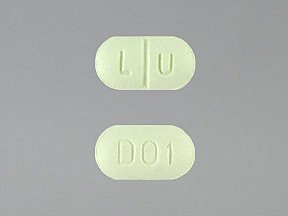For years, you might have taken Sertraline (brand name: Zoloft) for your depression. After all, it’s an SSRI and one of the most oft-prescribed antidepressants.
But a brand new study suggests Sertraline works on patients’ anxiety, not their depression.
The study is groundbreaking because it is the largest placebo-controlled trial of any antidepressant that was not funded by a pharmaceutical company.
Researchers at University College London gave over 300 patients Sertraline and roughly the same number, a placebo.
Then they followed both groups for 12 weeks.
The Setraline patients had a 21% improvement in anxiety symptoms (e.g. worry, nervous, irritation) compared to those taking the placebo and that effect went up over time.
Meanwhile, there was “little evidence” the drug reduced depressive symptoms (e.g. poor concentration, lack of enjoyment, low mood).
In fact, at 6 weeks, Sertraline patients didn’t show any statistically significant improvement in depression, at all. That went up, slightly, over time, but researchers think it might have more to do with the drug working on anxiety, thereby alleviating some depression.
However, that’s not to say the drug doesn’t work.
The Sertraline patients were twice as likely to say they felt better as those taking the placebo.
So clearly, Sertraline works well for a lot of people. It’s just that it doesn’t quite work the way scientists thought.
From The BBC:
Prof Glyn Lewis, also part of the study, said he was surprised by the results of the trial.
“They [antidepressants] work, just in a different way than we had expected,” he said.
“We definitely need better treatments for depression, and more research, but they are effective drugs.”

